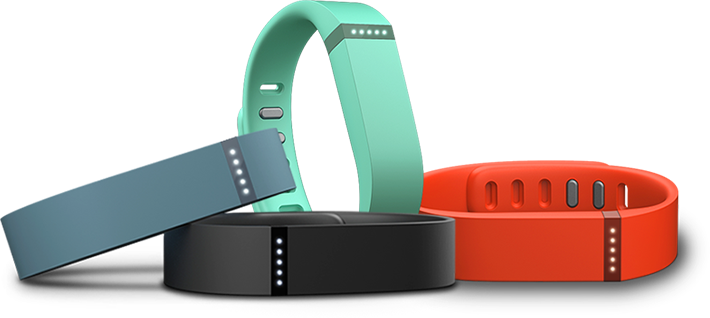 |
 |
Fruits are awesome!
Fruits are the "dessert" category of what we should eat, to me anyways. But the good news is that they are really not. In fact, the average person should be eating 1 - 2 cups of fresh fruit a day.Now the USDA defines fruit as an actual fruit - or a fruit juice. We couldn't disagree more. fruit juice is often devoid of any of the solid parts of fruit that contain essential nutrients and fiber. Without those, fruit juice just becomes empty calories.
The only exception is if you take the entire piece of fruit and drop it in a powerful blender (like a Vitamix) so that you are still gaining the benefits of the entire piece of fruit.
How Much to eat?
- Half of what you eat should be fruits and vegetables. About 20% of what you eat overall should be fruits.
- Like most quantities, a lot has to do with gender and age.
- Male:
- Age 2-3: 1 cup
- Age 4-14: 1 1/2 to 2 cups
- Age 14+: 2 cups
- Female:
- Age 2-3: 1 cup
- Age 4-8: 1 - 1 1/2 cups
- Age 8-19: 1 1/2 cups
- Age 19-30: 2 cups
- Age 30+: 1 1/2 cups
Nutrients:
The Nutrients in fruit do an amazing job of keeping you healthy. Most fruits are naturally low in fat, sodium, and calories. None have cholesterol. So it's always a smart choice.Fruits are sources of many essential nutrients that are under-consumed, including potassium, dietary fiber, vitamin C, and folate (folic acid). Diets rich in potassium may help to maintain healthy blood pressure. Fruit sources of potassium include bananas, prunes and prune juice, dried peaches and apricots, cantaloupe, honeydew melon, and orange juice.
Dietary fiber from fruits, as part of an overall healthy diet, helps reduce blood cholesterol levels and may lower risk of heart disease. Fiber is important for proper bowel function. It helps reduce constipation and diverticulosis. Fiber-containing foods such as fruits help provide a feeling of fullness with fewer calories.Whole or cut-up fruits are sources of dietary fiber; fruit juices contain little or no fiber, which is why we don't recommend them.
Vitamin C is important for growth and repair of all body tissues, helps heal cuts and wounds, and keeps teeth and gums healthy.
Folate (folic acid) helps the body form red blood cells. Women of childbearing age who may become pregnant should consume adequate folate from foods, and in addition 400 mcg of synthetic folic acid from fortified foods or supplements. This reduces the risk of neural tube defects, spina bifida, and anencephaly during fetal development.
It Keeps You Healthy
Eating a diet rich in fruits (obviously, along with other healthy living concepts) has been shown to reduce:
- The risk for heart disease, including heart attack and stroke.
- Certain types of cancers.
- The risk of heart disease, obesity, and type 2 diabetes.
- The risk of developing kidney stones and help to decrease bone loss.
Ideas to Make It Easier:
- Don't buy chips and other bad-for-you snacks, leave a bowl of fruit on the table or in the fridge.
- Cut up things like Watermelon and rinse berries in advance to make them more accessible.
- Buy Fresh - not canned or frozen. No one likes canned fruit.
- Cut up and put on cereal, yogurt or oatmeal for breakfast.
- Throw one in your lunch.
- Serve it with dessert, but make it the main ingredient and just garnish with a scoop of Ice Cream or other more traditional fare. Like these Ice Cream Belgian Waffles.
- If fruit goes a little soft - but not bad - throw it in the freezer and use it for a smoothie later.


















